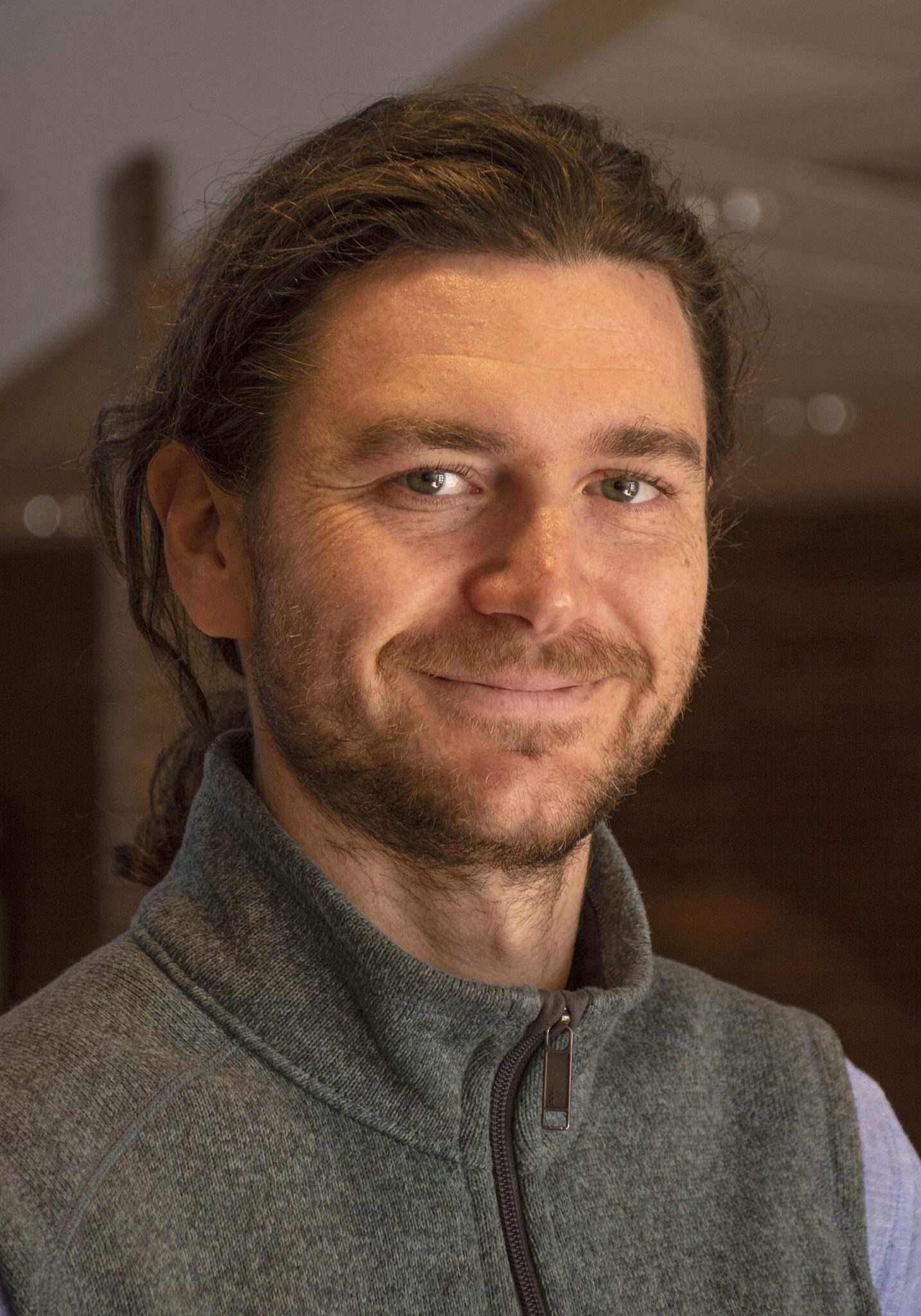alt
UW scientist’s work highlighted in ‘Guardian’

Work by a University of Wyoming scientist aimed at stabilizing medical biologies like COVID vaccines is highlighted in the March 20 edition of “The Guardian.”
Biologist Thomas Boothby’s laboratory in UW’s Department of Molecular Biology studies the miniscule but nearly indestructible tardigrade, an eight-legged micro-animal also known as a water bear, to glean secrets of the creature’s toughness and how those secrets might be used to stabilize medical biologies.
Boothby says the diminutive creatures, less than half a millimeter long, can survive being completely dried out, frozen to just above absolute zero – nearly 460 degrees below zero Fahrenheit, a temperature at which all molecular motion stops – and can be irradiated several thousand times beyond what a human could withstand. Boothby says the animal can even survive the vacuum of outer space.
Tardigrades can enter into suspended animation for years, and only revive when they encounter water.
Boothby said tardigrades make special proteins, called intrinsically disordered proteins, that have no stable three-dimensional structure and that allow the animal to slow down and ultimately halt the biological processes going on inside their cells when they dry out.
He said that process could lend itself to storing medicines, like vaccines, which need to be kept cold in a dry state at normal or even elevated temperature.
The article on Boothby’s work can be found online at bit.ly/boothby-guardian. More about his laboratory, personnel and research can be found online at www.boothbylab.org.

